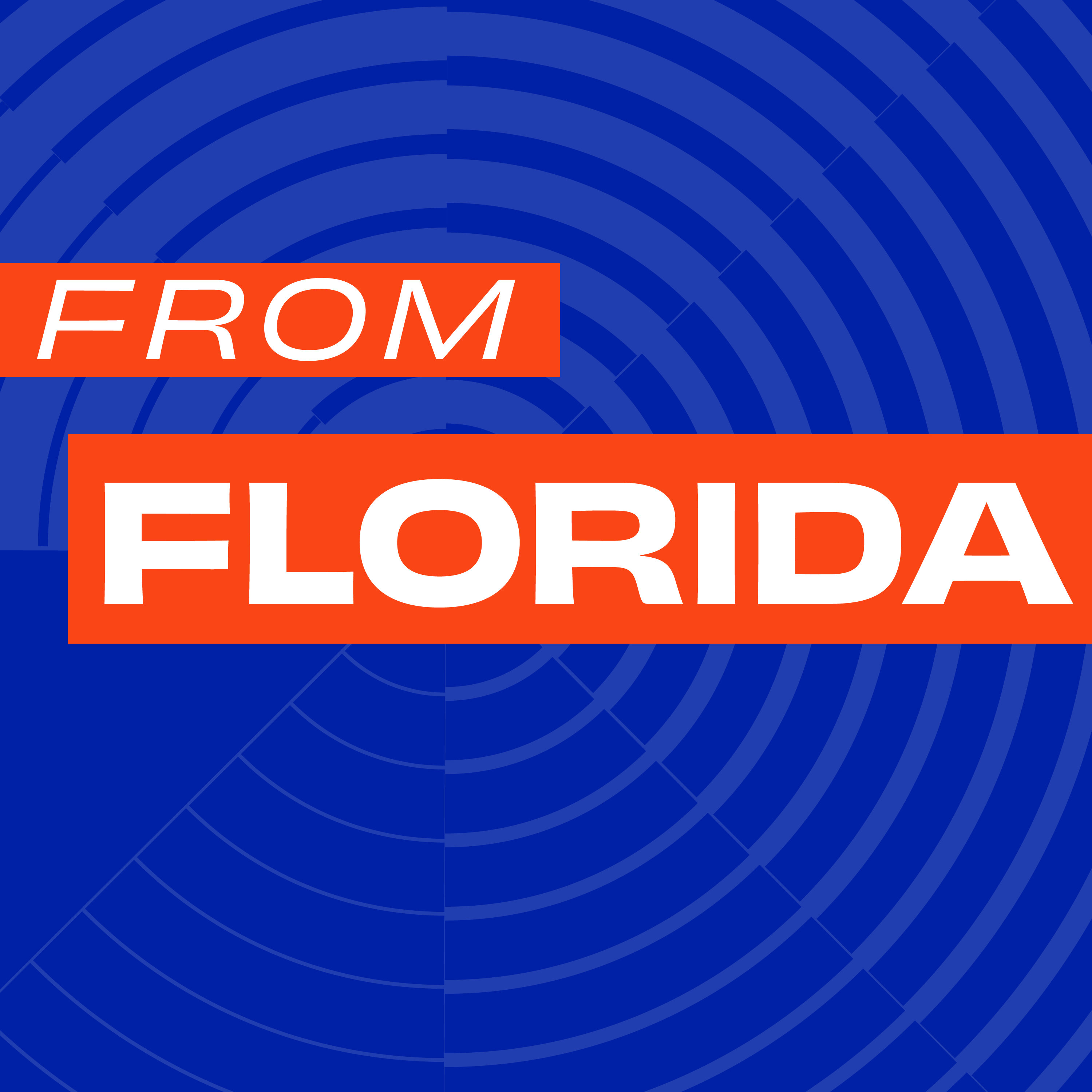Mark Jamison
Director | Professor University of Florida
- Gainesville FL
Mark Jamison’s current research interests include competition and regulation in emerging technologies.
Biography
Areas of Expertise
Media Appearances
A pole fire caused a mass Tampa Bay internet outage, company says. Is it a warning?
Tampa Bay Times online
2024-05-16
A hint of smoke smell still hung in the air along Park Boulevard near 73rd Street North days after a utility pole caught fire, and according to the provider, sparked a mass Spectrum internet outage Saturday. The frayed end of a snapped cable jutted off the charred pole as the possible culprit.
Here’s why Florida should provide broadband leadership | Opinion
Tallahassee Democrat online
2022-09-19
The federal government is on a path to waste over $30 billion of the $65 billion it plans to spend over the next few years to expand broadband services throughout the nation. Florida can take steps to keep that waste from happening by assuming a leadership role among states determined that their citizens should receive all the broadband that they pay for.
Google should be treated as utility, Ohio argues in new lawsuit
The Wall Street Journal online
2021-06-08
Ohio's attorney general hopes to require Google to provide the same rights for advertisements and product placement for competitors that it provides for its own services. Legal scholars said there is little precedent for the case. “I don’t know how it would be possible to come up with a way of regulating the company while protecting it from competition at the same time,” UF business professor Mark A. Jamison said.
Social
Articles
Valuation of digital goods during the coronavirus outbreak in the United States
Telecommunications PolicyMark A Jamison and Peter Wang
2021-12-01
We examine how the Coronavirus pandemic affected consumer valuation of digital services. Governments responded to the pandemic with various forms of lockdowns and social distancing, leading to increased dependence on digital services for work, social engagement, and leisure activities. We identify consumer valuations through surveys where respondents express their reservation prices for digital services such as email, search, and social media. We compare our results to surveys done in 2016 and 2017 and find an about five-fold increase in valuations.
Effects of Components on Ecosystem Value: The Case of the iPhone and Mobile Broadband
SSRNMark A Jamison and Peter Wang
2021-03-06
We examine how component changes affect network value. Theory indicates that increased component value can increase sales for network access. Using a panel of countries from 2003-2017, we test this by analyzing how the iPhone’s introduction in 2007 affected mobile broadband adoption. We find the iPhone and its imitators explain 60% of the average rise in mobile broadband’s growth rate. Per capita GDP mattered in developed, but not developing countries. The quality of government mattered in both types of countries, but regulation mattered more in developed countries, while rule of law mattered more in developing countries.
The Influence of Broadband on People’s Mobility During Early Stages of COVID-19
SSRNMark A Jamison and Peter Wang
2021-02-02
We examine people’s tendencies to stay at home and go to traditional places of work during the early stages of the pandemic in the United States. We found no statistically significant impact of home broadband on people’s tendency to stay at home. We did find home broadband to have a small, but statistically significant negative impact on people’s tendency to go to their traditional workplaces. Age demographics, household income, college education, proportion of blue-collar jobs, and metropolitan status were more important factors in explaining people’s tendencies to stay in lockdown.
Adding a Warning Label to Rewheel’s International Price Comparison and Competitiveness Rankings
SSRNChristian Michael Dippon, et al.
2020-12-14
Rewheel, a Finnish consultancy, periodically issues reports that it portrays as international competitiveness comparisons of retail prices for mobile wireless services across the globe. However, these comparisons are not accurate representations of the state of competition in the mobile wireless world. In these reports, Rewheel assigns providers and countries international ranks and labels competitive/non-competitive.
The Regulatory Labyrinth that Inhibits Federal Deregulation
SSRNMark A. Jamison
2020-09-18
An outdated statutory framework and legacy regulations in the United States have created a labyrinth that constrains the Federal Communications Commission from adequately responding to the impending disappearance of traditional voice telephony. This outdated telephone service is not even a shadow of its former self: the number of telephone lines in 2018 was the same as in 1950, despite the U.S. population more than doubling and the total number of voice-capable telecom connections exploding 700 percent over the same period.



